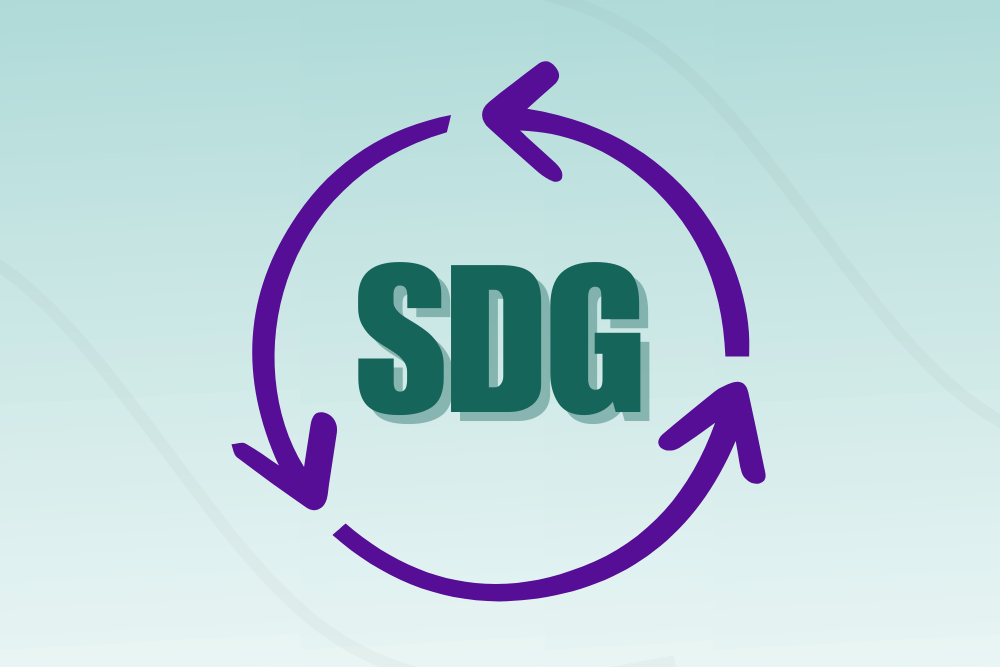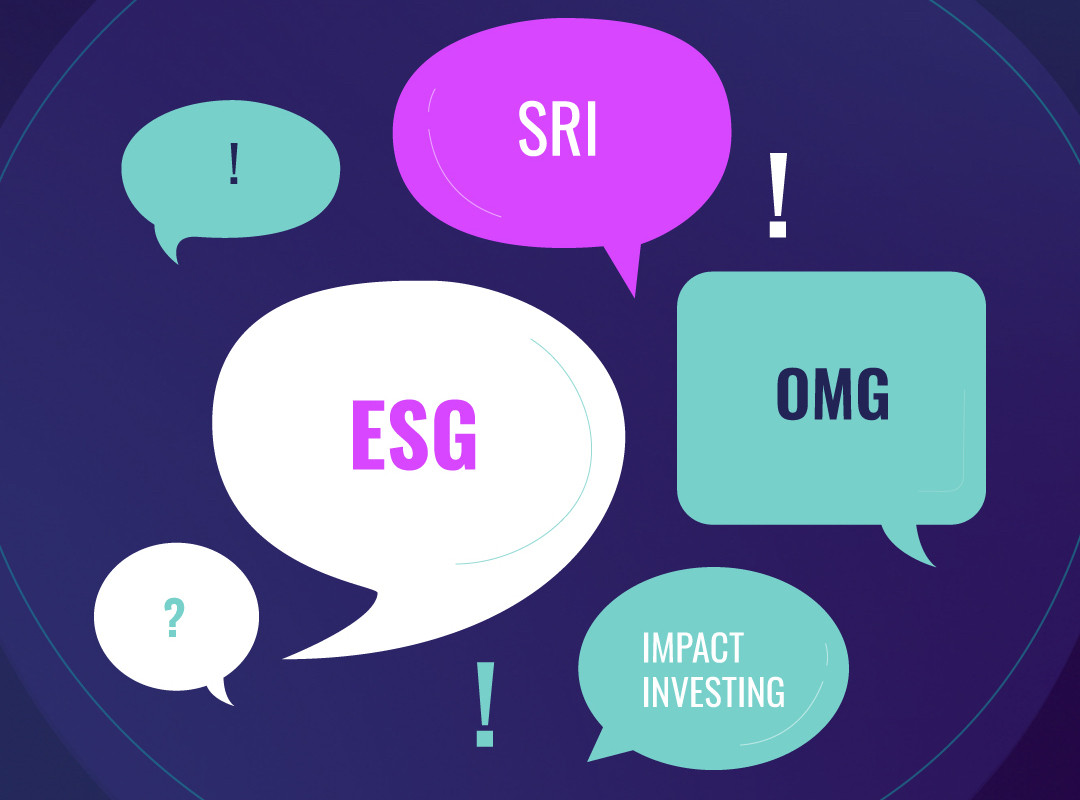 Back to Learn page
Back to Learn page

EU Is Banning “Carbon Neutral” Marketing and Other Greenwashing Terms
Today’s consumers care about buying environmentally friendly products, but that doesn’t mean companies should market their products as such unless they can really back it up.
A proposed law by the European Union may be one of the strictest crackdowns to date on “greenwashing”—which is using empty or vague claims about environmental sustainability as a form of marketing.
EU parliament members agreed to propose a ban on “generic environmental claims” like “environmentally friendly,” “natural,” “biodegradable,” “climate neutral,” and “eco” unless those claims can be backed up by scientific evidence.
In addition, the EU rule would ban using the term “carbon neutral” or “carbon negative” for marketing purposes if that company relied on carbon offsetting to reduce its carbon footprint.
Carbon offsets allow companies to finance projects that remove carbon from the atmosphere, like planting trees or restoring forests. However, the practice is somewhat controversial because it can be hard to verify their integrity, and because some see offsets as a band-aid solution that allows companies to get away with not reducing their actual carbon emissions.
Banning this type of “carbon neutral” marketing would be substantial because many companies rely on carbon offsetting to reduce their carbon footprint—from Amazon to Delta Air Lines, and Disney. While this rule doesn’t ban carbon offsetting itself, it would prevent offsetting from being used to justify “carbon neutral” claims.
“We are clearing the chaos of environmental claims, which will now have to be substantiated, and claims based on emissions offsetting will be banned,” EU lawmaker Biljana Borzan said in a statement.
On top of the rules that target greenwashing, the proposed law also has rules regarding product durability and planned obsolescence. These rules include a ban on prompting customers to replace a product earlier than strictly necessary, durability claims unless backed up with evidence, and presenting goods as repairable when they are not.
Members of European Parliament are expected to vote on this set of rules in November. If approved, member states will have 24 months to incorporate these rules into law (i.e. by 2026).
Read more: What Is Greenwashing?
Questions for Retail Investors to Consider:
∙ How will these rules affect international companies that operate both in and outside of the EU?
∙ Do you think rules like these would work in the US?
∙ Will we see a dropoff in environmentally-focused marketing from big companies?
∙ ∙ ∙
The views expressed are those of the author at the time of writing, are not necessarily those of the firm as a whole and may be subject to change. The information contained in this advertisement is for informational purposes and should not be regarded as an offer to sell or a solicitation of an offer to buy any. It does not constitute a recommendation or consider the particular investment objectives, financial conditions, or needs of specific investors. Investing involves risk, including the loss of principal. Past performance is not indicative or a guarantee of future performance. We do not provide tax, accounting, or legal advice to our clients, and all investors are advised to consult with their tax, accounting, or legal advisers regarding any potential investment. The information and any opinions contained in this advertisement have been obtained from sources that we consider reliable, but we do not represent such information and opinions are accurate or complete, and thus should not be relied upon as such. This is particularly true during periods of rapidly changing market conditions. Securities offered through Fennel Financials, LLC. Member FINRA SIPC.

Expand your knowledge further

Greenwashing is a superficial and sometimes misleading way companies claim sustainability.

Some universities are using endowment funds to invest in the oil industry.

What does impact investing look like in practice?

Want to invest in bonds while having a positive impact on the world?

A growing number of future business leaders are learning about sustainability in their MBA programs.

The 17 SDGs represent aspirational goals that span a range of economic and societal issues, with the intention of providing a better future for all.

Over the past few years, plenty of companies have pledged to hit net zero carbon emissions by some far off date. But we’re already starting to see some companies backtrack on these promises.

Greenwashing is a superficial and sometimes misleading way companies claim sustainability.

Some investors have a hypothesis that ESG investments generate stronger, more sustainable returns over the long term.

There are a lot of terms used in the world of impact investing, what do they all mean?
Take back the power of your investment
